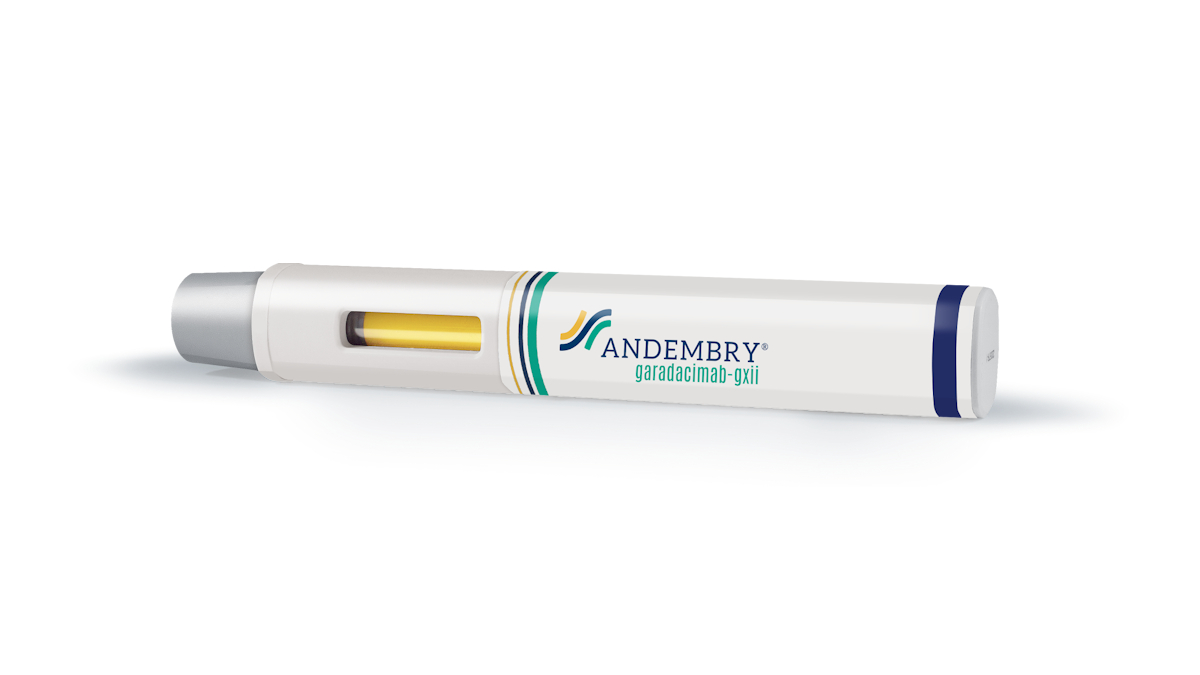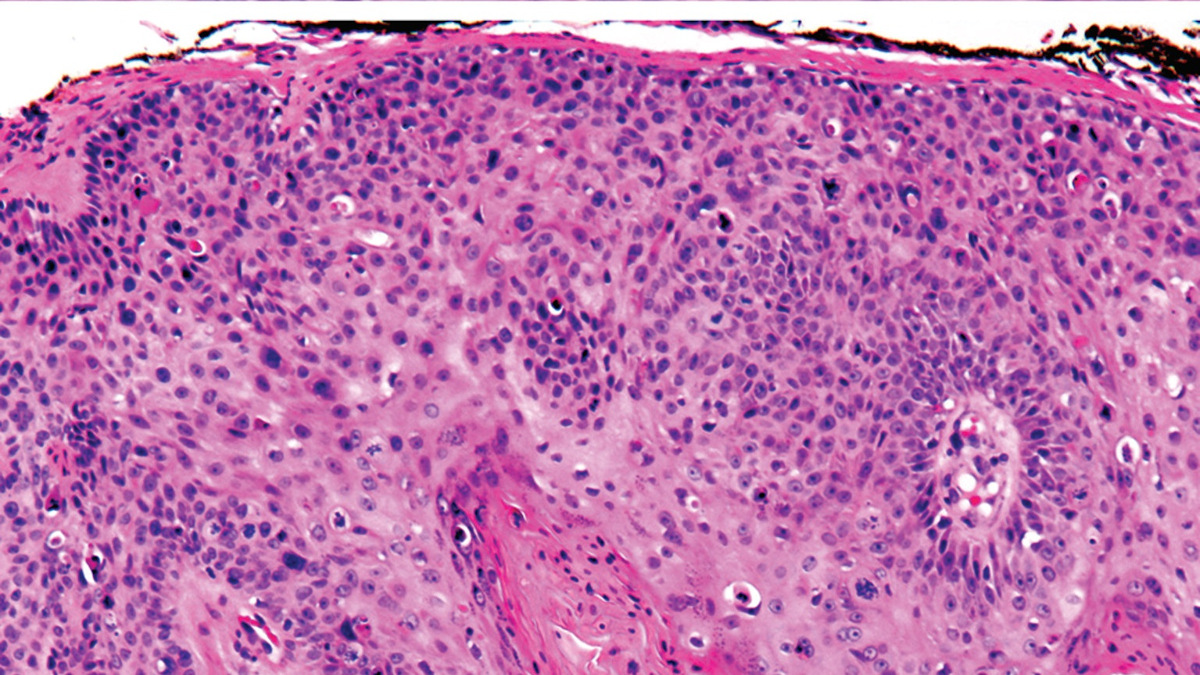
CSL Behring’s Andembry can be used to prevent recurrent attacks of hereditary angioedema (HAE) by the NHS, according to finalised guidance from reimbursement authority NICE.
The just-published technology appraisal guidance (PDF) has concluded that Factor XIIa inhibitor Andembry (garadacimab) is an option for HAE patients aged 12 and over if they have two or more attacks per month.
HAE is a rare genetic disorder that leads to unpredictable bouts of debilitating and painful swelling in various parts of the body, leaving many patients in constant fear of the next attack. There are estimated to be around 1,150 patients with HAE in the UK.
Andembry was approved by the UK drugs regulator, the MHRA, in January based on the results of the VANGUARD study involving 64 adult and paediatric patients with HAE, who had at least two attacks during a two-month run-in period.
Over six months of treatment, patients taking CSL’s drug had an 86.5% lower monthly rate of HAE attacks compared with those given placebo.
In addition, almost two-thirds of patients (61.5%) taking Andembry were attack-free during the study, compared to zero in the control group.
When news of the draft final guidance emerged last month, the chief executive of patient organisation HAE UK, Angela Metcalfe, said it meant that “eligible patients will now have access to an important treatment that offers the potential to live with less fear and uncertainty.”
She also said: “Improving patient choice by enabling access to new treatments in HAE is vital due to the highly individual nature of this condition, which can impact almost every aspect of a patient’s life.”
Andembry is administered subcutaneously using an auto-injector pen and allows less frequent dosing than other therapies, such as Takeda’s kallikrein inhibitor Takhzyro (lanadelumab), which requires a subcutaneous injection every two weeks. It also offers an alternative to Biocryst’s daily oral kallikrein inhibitor Orladeyo (berotralstat).
For CSL, Andembry is a successor to its older HAE prevention products Berinert (C1 esterase inhibitor), given intravenously, and follow-up Haegarda, which is given twice weekly as a subcutaneous injection.
“We are delighted that NICE has recognised the value of Andembry and the importance of expanding access to preventive treatment options for a broad range of eligible people living with HAE,” commented Eduardo Cabas, general manager at CSL Behring UK & Ireland.










